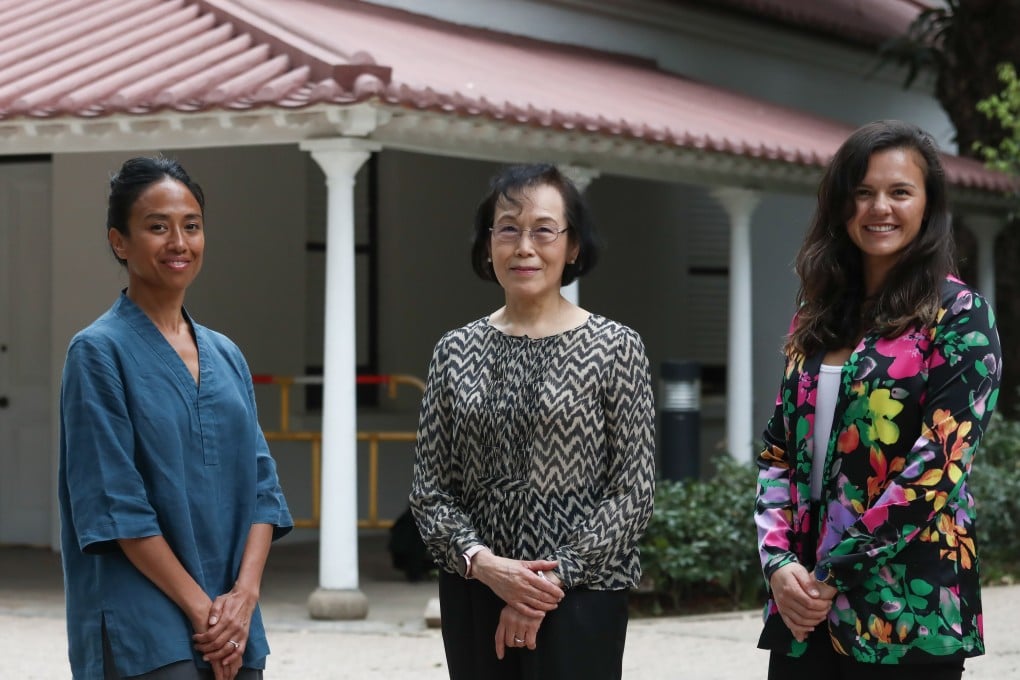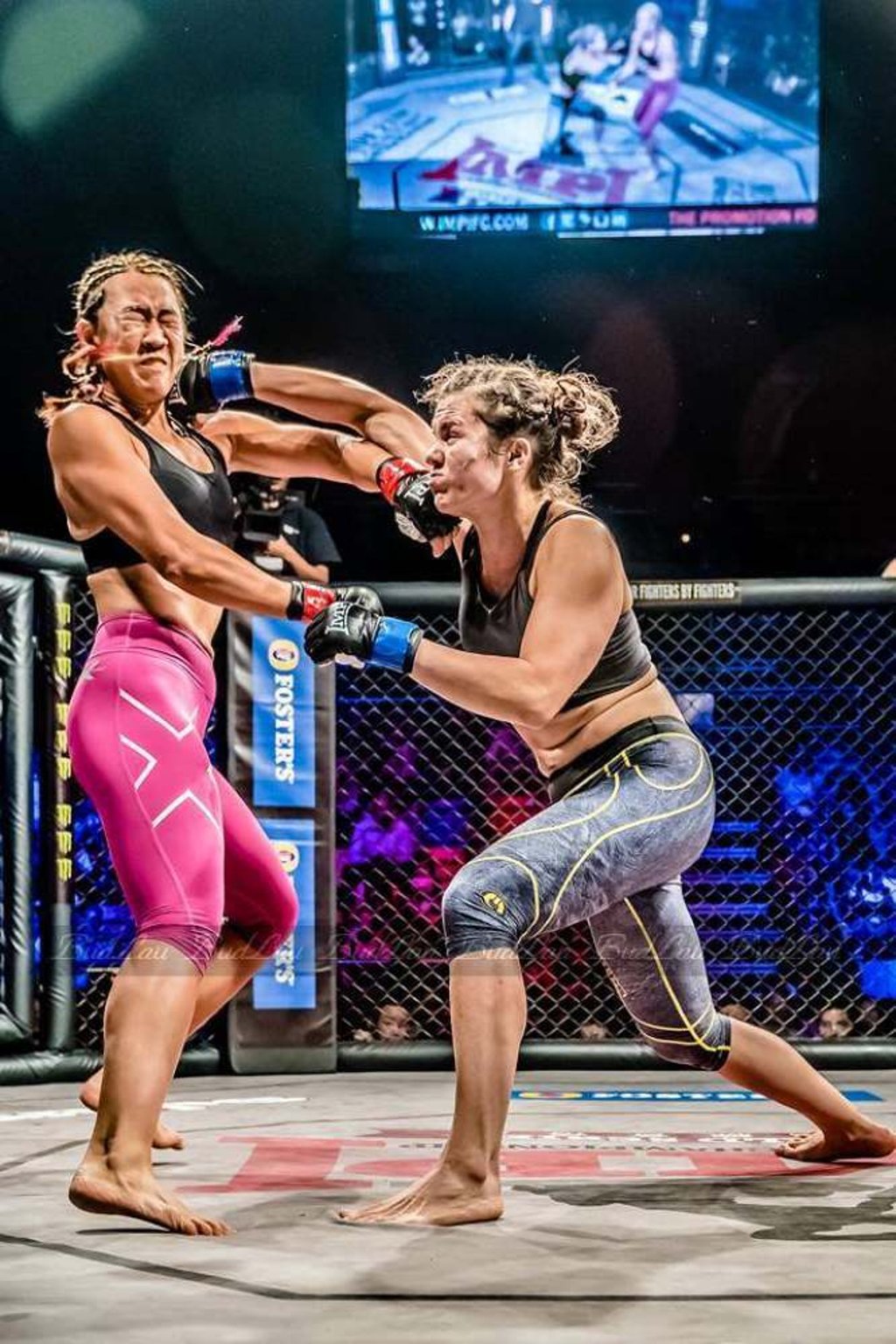International Women’s Day: three women helping women – and men – live healthier, happier, longer lives
- A clinical psychologist applied her mixed martial arts knowledge to her therapeutic approach which emphasises the mind-body connection
- A yogi set up free classes for domestic helpers in Hong Kong, while a women’s health centre director’s research has taught people how to look after their health

The coronavirus pandemic has highlighted the importance of our physical, mental and spiritual well-being. We celebrate International Women’s Day by speaking to three women, Kimberley Carder, May Nogoy and Suzanne Ho, who have done much to help women – and men – in Hong Kong lead healthier, happier lives.
She enjoys working with children and teenagers and, although her cage fighting days are behind her, she gets kudos (particularly from teenage clients) when they see photos of her in the ring.
Her whole-system approach means she works with a client in the context of their family, and she uses a mix of cognitive behavioural therapy, or CBT (which focuses on challenging and changing unhelpful thoughts, beliefs, and attitudes and behaviours) and psychodynamic tools to help her clients understand their thought processes and relationships.

“I start with a parent consultation, then I meet the child. The accounts are very different. I always ask the child, ‘What’s the conversation you want to have with your parents, but you don’t know how?’ And that becomes the focus,” says Carder.